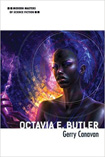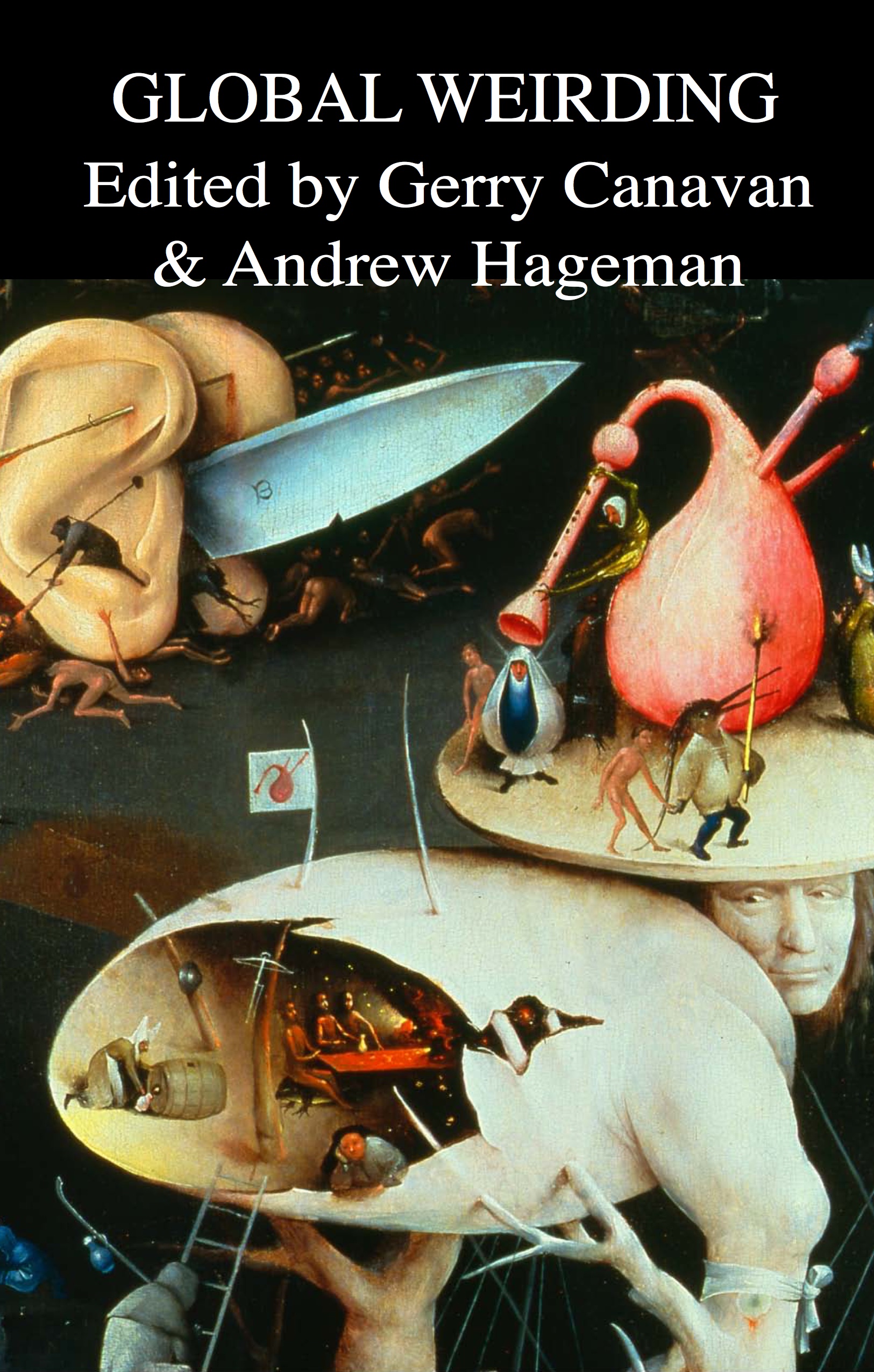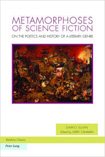A Few Quick Thoughts on BLACK PANTHER I Haven’t Already Seen Elsewhere
(1) I haven’t seen anyone point out that this was the MCU’s take on a Bond movie, right down to M, Q, a Bond girl, an extraneous mission in Korea, and even a Felix Leiter.
(Updated.)
(2) I loved pretty much everything about the Wakandan world-building; pretty much my only minor quibble there was a slight over-reliance on American idioms (like Shuri giving the finger, or the General saying someone “did not get the memo”). It’s a small thing but it fits into point (4) below about the inability of Marvel to imagine a Wakanda that was genuinely independent from Western hegemony, much less the hegemon of the world that it would actually be.
(2a) I do feel a bit like I want to rewatch the T’Challa scenes from Civil War though because I think there was quite a bit of retconning and reimagining happening here; the later scenes with Cap seem not to have happened, and the earlier position of Wakanda in the United Nations seems a bit hard to square with the treatment here.
(2b) Shuri was awesome, incidentally. I demand a Shuri spinoff.
(3) I’ll leave it to others to say “Killmonger was right” but you really do feel your heart sink in the third act as the Wakandans begin to fight each other. For me the real “heart sink” moment was when the planes started exploding over the Wakandan capital; perhaps it was the presence and participation of Everett Ross but you really feel the gut-wrenching rupture of the Wakandan Afrofuturist utopia in that moment.
(3a) Killmonger was right though.
(4) I also had an unhappy moment of clarity about the prominence of Wakanda in the Infinity War trailer. As some of you know I’ve written a chapter on “Wakanda as Nation” for an upcoming collection called Afrofuturism in Time and Space.
Not to belabor the point, but a few more quick quotes from the chapter:
With regard to Wakanda specifically, this problem of interpretation has only compounded over decades of Marvel comics, which frequently upend Wakanda’s historic inviolability in the name of giving individual Black Panther stories sufficient emotional stakes. Thus an African nation that was never colonized historically becomes, over the long run of Marvel stories, the site of repeated meta-imperial11 incursion, from the U.S., from alien invaders, from supervillains like Dr. Doom, from the Atlantean king Namor the Sub-Mariner… As Ta-Nehisi Coates notes in an interview with the science fiction news website io9, part of his task when he took over Black Panther in 2016 was precisely to reestablish Wakanda as the undefeatable global superpower it was always intended as, but never quite was allowed to be.
[…]
We see a similar contradiction in the depiction of Wakandan trade, which has the effect of eroding and destroying Wakandan traditions through Western influence even as Wakanda is ostensibly the more powerful trading partner in this equation—replicating the colonial narrative but with an ahistorical logic that takes the superiority of Western values as axiomatic (and totally untied to the West’s brutal practices of invasion and domination). Already by the 1970s, Black Panther is unsure whether he has done the right thing in entering foreign markets at all, wondering if the reforms he and his father have instituted in opening Wakanda to the world have actually doomed the country—as are many of his countrymen. It is relatively late in the game that Marvel writers even begin to interrogate the techno-progressivist, secular assumptions behind the foundation of the Wakanda story: that a monarch would actually strip-mine a “sacred” site, the Mound, instrumentalizing its special properties for technological gadgetry and even selling parts of it to the West in the name of economic development, all without any cultural struggle or resistance from the population—much less the nearly magical faith that doing so would make things in Wakanda better rather than worse.
Indeed, by the “Doomwar” storyline of the 2010s, the presence of the vibranium within Wakanda has proved to be such a “resource curse” that the heroic resolution of the story sees T’Challa activate a process he has invented that renders all the vibranium in the world (both inside and outside Wakanda) inert, in order to protect it both from foreign invaders like Dr. Doom but also to break the country’s cruel-optimistic dependence on the resource.
[…]
Here, as always, we see the fundamental tension in Wakanda as both/and/neither/nor, as it has been reproduced again and again across its fictional history: an Afrofuturist vision of African superiority that nonetheless must always be disciplined by final subordination to the West…
So, look back at that Infinity War trailer. Based on my study of fifty years of Black Panther stories for my chapter, I’m feeling very confident that white supremacy will reassert itself here again precisely as it always does in Wakanda stories; we’ll never get to see Wakanda become the global hegemon it by all rights ought to be because it’s going to get catastrophically smashed up beyond all recognition before it gets the chance. Count on it.










I’ve been thinking a bit about Pauline Hopkins’s Of One Blood, as I always do when black speculative fiction (bsf) comes up—I have no real horse in the race, but I find bsf gives me more space to think with than afrofuturism. In part, because I ALWAYS think about Hopkins’s absence from genealogies of bsf and she has uncolonized space in Of One Blood
as I watch the massive media blitz for the film, I’m struck by the repetition of, “an African space that was not colonized,” and what that means: as a bad poco-Africanist, that suggests something about exchange rather than domination—the expansive cut-and-mix metaphor Stuart Hall and Paul Gilroy use so beautifully to map diaspora
(but, then Sylvia Wynter interrupts with 1492, and colonialism as a world ordering, and I feel all the limits of how “never colonized” is being used by the film’s cast)
And Wynter brings me to your point about the inevitability (?) of white supremacy, which I find present, anyway, in this kind of technofuture imagining
Black Panther is, after all, very “What is Africa to Me?” Despite—and because of—the diasporic cast.
(I have a 5-year moratorium on new films, so I might revisit this comment when I see it in 5 years)
thanks for writing, and helping me think
k
keguro
February 21, 2018 at 6:44 am
I’d say cut your moratorium short for this one — I’d love to read your take especially given what you say above…
gerrycanavan
February 22, 2018 at 10:57 am